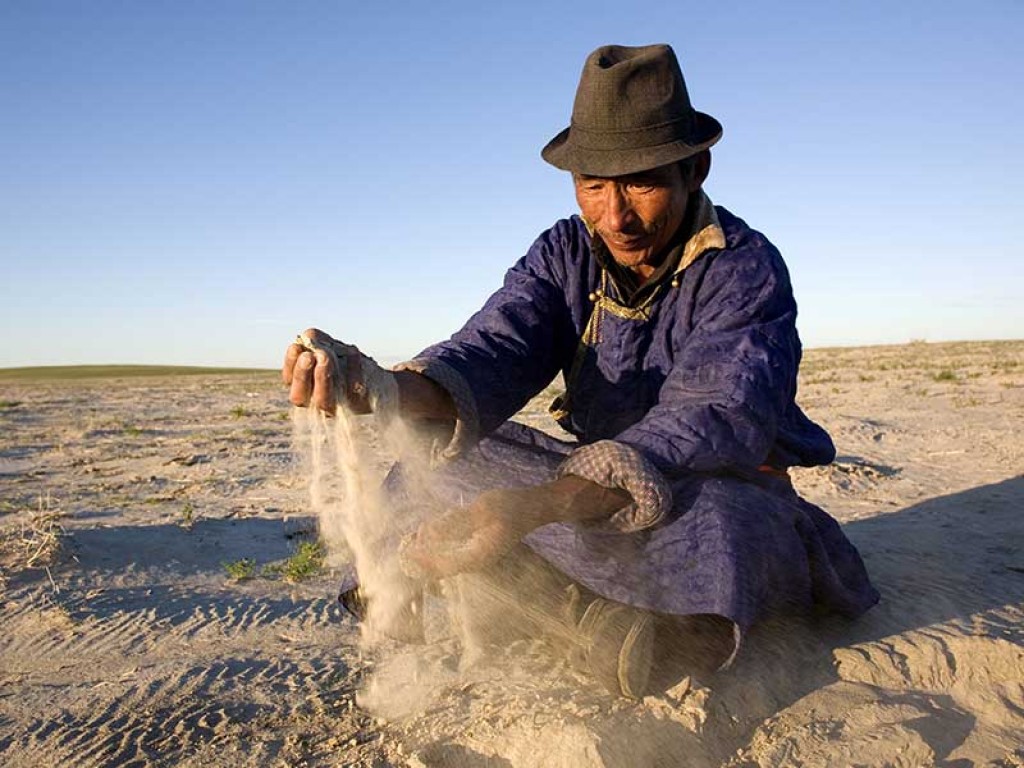Mongolia suspends all grain exports in anticipation of dire shortfall in autumn harvest

Scorching June temperatures left almost a third of the country’s farmland suffering from severe drought.
Mongolia suspends all grain exports in anticipation of a dire shortfall in autumn harvest. Scorching June temperatures left almost a third of the country’s farmland suffering from severe drought. Mongolia had been seeking to expand its agricultural exports in order to protect against fluctuations in demand for natural resources. However, rising desertification rates have increasingly rendered harvests less reliable, posing a distinct threat to the nation’s culture of nomadic herding farmers. In June, Mongolia’s temperatures climbed to their highest level in 56 years, threatening crop production and potentially triggering a devastating ripple effect on the country’s livestock industry. Despite its blistering summer months, Mongolia suffers extremely harsh winter conditions, with freezing temperatures and heavy snowfall – known locally as the “dzud” – responsible for killing off large portions of the country’s livestock. A good harvest, therefore, is essential for Mongolian herders to stockpile sufficient stores of grain to keep their animals alive during the winter months. With nearly a third of the population made up of herders, and much of the country’s food supply dependent on their produce, the autumn harvest is crucial to the Mongolian economy.
